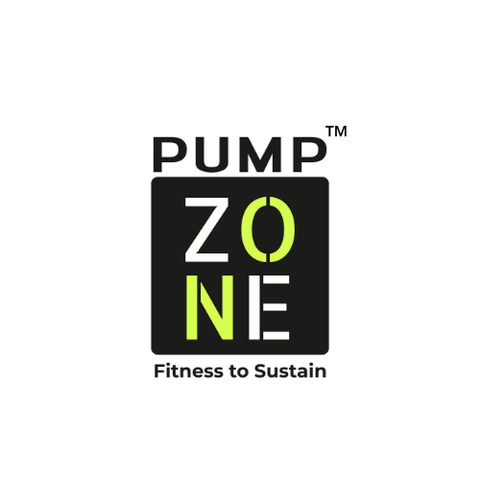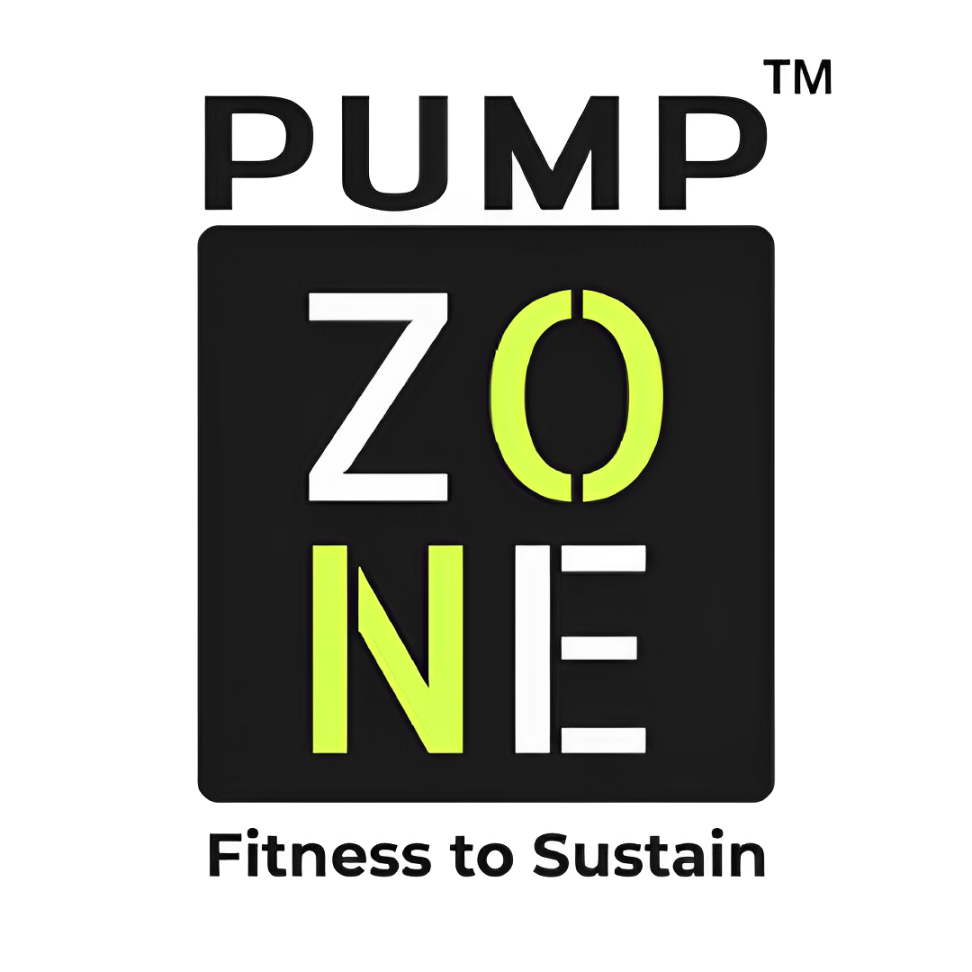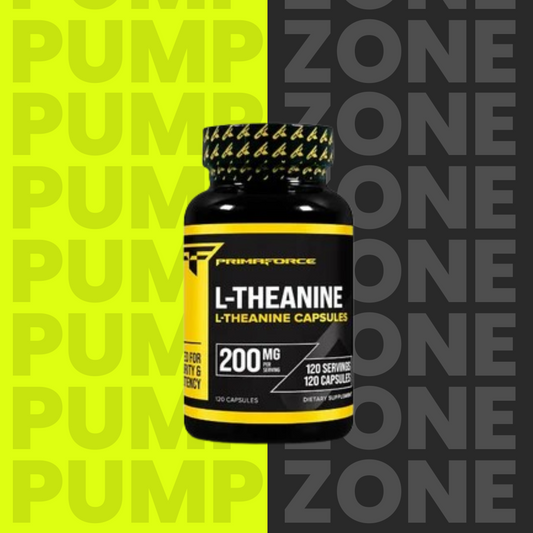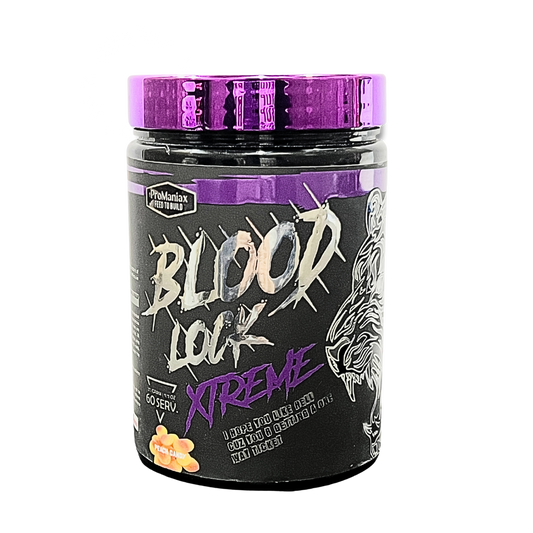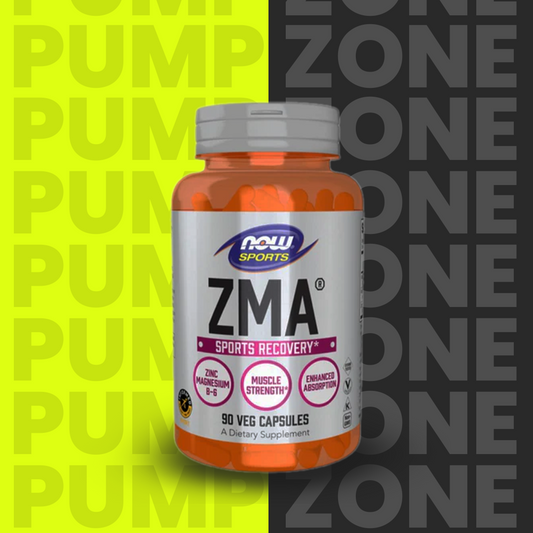Stay Hydrated for Optimal Performance!
Don’t let thirst catch you off guard, fitness enthusiasts! Staying properly hydrated is essential for your workout performance and overall health.
Many weight-class athletes and bodybuilders resort to dehydration tactics to lose those last few pounds, whether by cutting water intake, sweating in layers during cardio, or spending time in the sauna. While this might show a quick drop on the scale or enhanced muscle definition, the negative effects on performance can be significant. Hydration is key for your muscles to function at their best.
Why Is Water Essential?
Water is as vital as oxygen—survival without it lasts only 3 to 5 days! Beyond sustaining life, water plays several crucial roles in the body, including:
- Transporting nutrients like glucose and oxygen to your muscles.
- Supporting the structure of your brain, blood, muscles, and bones.
- Aiding digestion and converting food into usable energy.
- Removing waste products, such as carbon dioxide, from active muscles.
- Regulating body temperature, especially during workouts when muscle activity generates significant heat.
Despite its importance, hydration is often overlooked in fitness. Studies show that over 40% of regular gym-goers may be partially dehydrated while exercising. Dehydration can lead to reduced performance, headaches, fatigue, and muscle cramps, and it can even hinder muscle growth and recovery.
Research in the European Journal of Applied Physiology indicates that losing just 3% of body weight through dehydration can impair resistance exercise performance, reducing the number of repetitions and increasing perceived exertion. Similarly, a study at the University of Connecticut found that a 2.5% decrease in body weight significantly decreased performance during back squats.
How Much Fluid Do You Really Need?
You may have heard the common advice to drink eight cups of water a day, but that guideline can be outdated. Women generally need about 90 ounces (11 cups) daily, while men should aim for about 125 ounces (16 cups). The exact amount varies based on individual sweat loss.
A practical way to monitor your hydration is to weigh yourself before and after workouts. For every pound lost, replenish with 2-3 cups of water.
Tips to Prevent Dehydration
It may sound simple, but start by drinking when you feel thirsty. While thirst isn’t the most reliable hydration indicator, it’s a good starting point. You can also check the color of your urine; light yellow to clear indicates proper hydration, while darker colors suggest you need to drink more.
To ensure adequate hydration during workouts:
- 2 to 3 hours before exercising, consume 2-3 cups of fluids—this can include water, juice, or BCAAs.
- During your workout, aim for about one cup of fluids every 20 minutes. If you sweat heavily, consider drinks with added electrolytes, especially in hot or humid conditions.
- Avoid consuming large amounts of water at once, as this can hinder fluid absorption. Be mindful of overhydration, known as hyponatremia, where electrolytes are diluted to unsafe levels.
Final Tips to Remember
Water works well for workouts lasting under an hour in cooler environments. For longer sessions or intense training in heat, opt for beverages with added electrolytes, which help replace sodium and potassium lost through sweat, reducing risks of cramps and fatigue.
For longer workouts with limited access to water, adding glycerol to your pre-workout drink can enhance hydration. A guideline is to use 0.5 grams of glycerol per pound of body weight, mixed in a beverage totaling 0.4 ounces per pound.
Staying hydrated doesn’t have to be complicated. Follow these straightforward tips to enhance your performance in the gym and beyond.
